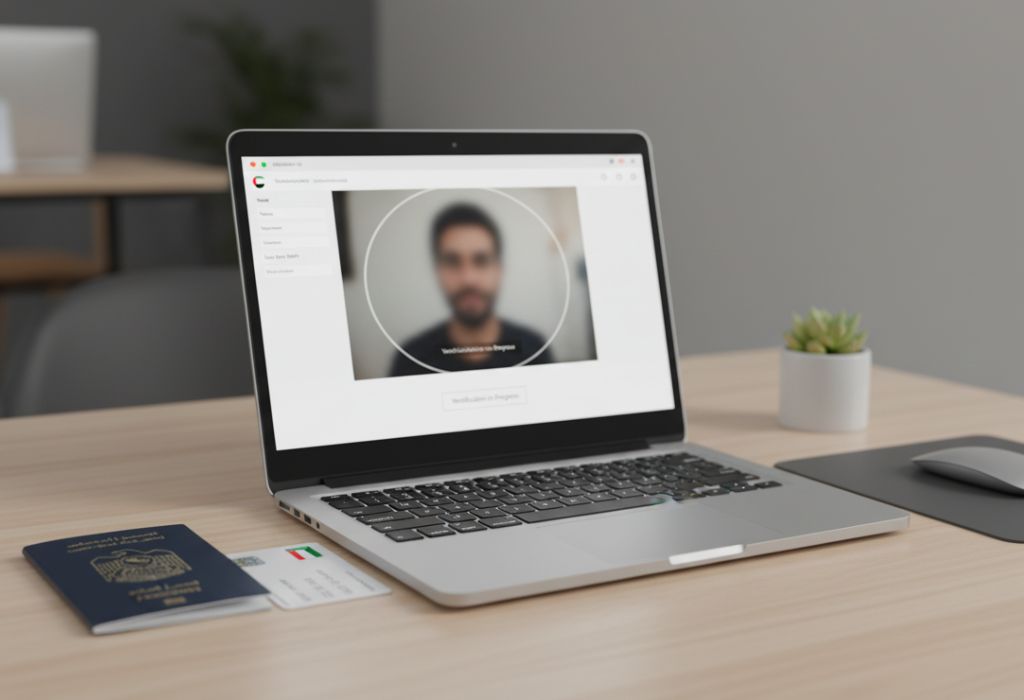Know The Legal Framework
If you’re planning to launch a cryptocurrency trading venture in the UAE, then securing a crypto trading business license in the UAE is your essential first step. This license ensures you operate within the country’s regulations, safeguarding you from legal ramifications down the line. Plus, it boosts trust among potential clients and investors, who want reassurance that you’re fully authorized to trade digital assets.

What Is a Crypto Trading License?
A crypto trading license permits you to offer digital currency trading and related services under a recognized legal structure. In the UAE, licensing authorities carefully monitor these activities to curb illicit transactions and maintain market stability.
Why You Need One
Without a proper license, your trading activities could face penalties or abrupt shutdowns. Besides the legal protection, holding a crypto license can enhance your reputation, showing that you follow guidelines for transparency and compliance.
Choose Your Business Jurisdiction
In the UAE, you’ll find two primary jurisdictions to consider: mainland and free zone. Each area has distinct regulatory bodies and costs, which can influence your overall experience.
Mainland vs. Free Zone
A mainland license allows you broader access to the local market, while a free zone license may limit you to specific areas. Free zones offer perks like 100% ownership, but mainland setups can provide direct trade opportunities within the UAE. If you’re not sure which option aligns with your goals, have a look at mainland vs free zone for a deeper comparison.
Mainland vs Free Zone – Quick Comparison
| Factor | 内陆公司 | 自贸区公司 |
|---|---|---|
| Market Access | Direct access across UAE local market | Primarily within Free Zone; local trade may require distributor |
| Ownership | 100% foreign ownership common (per activity) | 100% foreign ownership standard |
| Regulators | Economic Departments (by Emirate) | Free Zone Authorities (e.g., ADGM/FSRA) |
| Typical Costs | Varies by Emirate & activity | Varies by Free Zone package |
| Best For | Serving onshore UAE customers directly | International focus / fintech sandboxes |
Licensing Authorities
Different emirates have their own authorities for issuing crypto licenses, including Dubai’s Virtual Assets Regulatory Authority (VARA) and the Abu Dhabi Global Market (ADGM). It’s worth exploring each option, then deciding which best suits your target market and compliance expectations.
Dubai VARA Virtual Assets
Scope: Virtual asset activities in Dubai (outside DIFC). Add latest category link.
Next step: Add official VARA link (placeholder)
Abu Dhabi Global Market (ADGM) FSRA
Scope: Regulated digital asset activities under FSRA.
Next step: Add official ADGM/FSRA link (placeholder)
Other Free Zones
Some zones enable crypto-related activities under specific categories. Confirm scope before applying.
Meet Key Compliance Requirements
Before applying for your license, you’ll want to understand the core compliance standards that the UAE demands. These regulations protect investors, traders, and the wider economy by ensuring your crypto activities are transparent and secure.
Compliance Readiness Checklist
- Documented KYC workflow (collection, verification, storage)
- AML policy + ongoing transaction monitoring rules
- Data retention and audit logs defined
- Appointed Compliance Officer & escalation procedure
Know Your Customer (KYC) Policies
KYC policies require you to verify the identities of your clients. This could mean collecting official documents, personal details, and even proof of financial stability. Most jurisdictions have strict guidelines, so familiarize yourself with local KYC rules before you start onboarding customers.

AML (Anti-Money Laundering) Regulations
The UAE enforces strong AML laws to prevent criminal activities like money laundering or terrorist financing. Your business may need ongoing audits and meticulous record-keeping of all transactions. If you need professional assistance, specialized compliance services can help you set up robust internal protocols.
Record-Keeping Tips (AML)
- Retain KYC and transaction data per regulator timelines
- Log alerts, investigations, and SAR decisions
- Document periodic AML training
Complete The Application Steps
Map legal scope, activities, and regulator fit.
Business plan, IDs, proof of address, references.
Apply to VARA/ADGM or relevant authority.
Dedicated account for trading funds.
Interviews, clarifications, final license.
Once you understand the legal environment and prepare your compliance framework, it’s time to tackle the practical process of applying for a crypto license in the UAE.
Prepare Your Documents
Though the exact list varies by jurisdiction, common requirements include:
- A detailed business plan
- Valid passport copies for all shareholders
- Proof of address
- Professional references or bank statements If you need extra guidance drafting your plan, you can explore business plan for a uae company.
Application Documents – Status & Notes
| Document | Who Provides | Status | Notes |
|---|---|---|---|
| Business Plan | Founder | Pending | Cover activities, target customers, compliance approach |
| Passport Copies (All Shareholders) | Shareholders | Pending | Clear scans; expiry ≥ 6 months |
| Proof of Address | Shareholders | Pending | Utility bill or bank statement (recent) |
| Professional References / Bank Statements | Shareholders | Pending | As required by chosen authority |
Submit License Application
Gather the required paperwork and submit your application to the relevant authority, such as VARA or ADGM. Expect to pay fees tied to registration and legal processing. Also, you may be asked to open a separate bank account specifically for your crypto trading funds. For smoother banking solutions, look into corporate banking resources to keep finances organized.

Secure Final Approvals
After handing over your paperwork, you’ll undergo reviews that may include interviews or requests for additional documents. Don’t worry if this takes a bit of time. Once you pass these checks, you’ll earn your crypto license and can legally operate in the UAE.
Consider Additional Support
Running a crypto trading business can be demanding, especially when it comes to local regulations. If you prefer to focus on your core activities, outsourcing some tasks might help. For instance, pro services assist with governmental paperwork, while concierge services can handle day-to-day logistics. And if you ever need help with bookkeeping or financial records, accounting and bookkeeping solutions are available to keep everything tidy.
PRO Services (Govt Paperwork)
Outsource attestations, approvals, renewals to avoid delays.
Concierge (Operations)
Handle day-to-day logistics so you can focus on trading.
Accounting & Bookkeeping
Monthly books, reconciliations, and regulatory reporting.
Final Thoughts
Securing a crypto trading business license in the UAE may seem complex at first glance. However, once you break it down into understanding the legal framework, choosing the right jurisdiction, ensuring compliance, and submitting the proper documents, the path becomes clearer. You’ll not only operate legally but also build a trustworthy brand that appeals to investors and clients worldwide. If you’re ready to move forward, start by organizing your documents and pinpointing the ideal location. Then move step by step, leaning on expert support when needed.
Quick Quiz: Are You License-Ready?
1) Which body regulates virtual assets in Dubai (non-DIFC)?
2) What’s essential for onboarding clients?
3) Free zones typically allow:
4) A best practice for AML is to:







